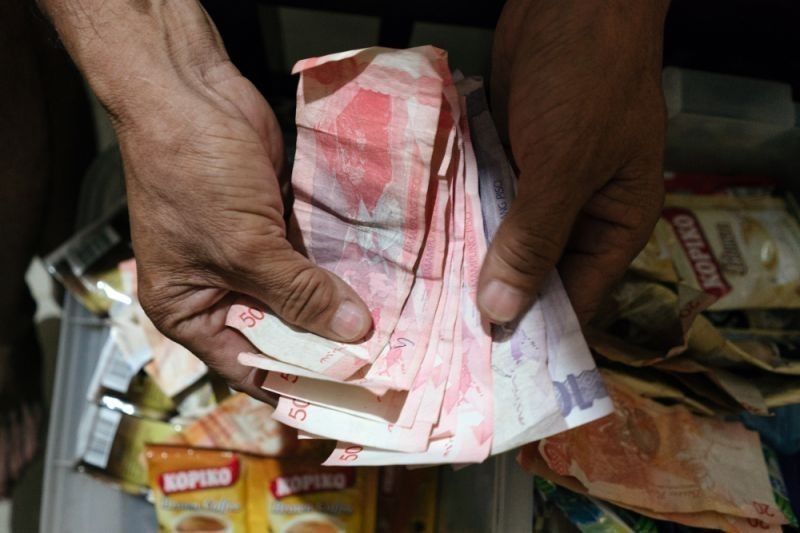
Upgrade to High-Speed Internet for only ₱1499/month!
Enjoy up to 100 Mbps fiber broadband, perfect for browsing, streaming, and gaming.
Visit Suniway.ph to learn
Elizabeth Marcelo - The Philippine Star
May 31, 2025 | 12:00am
The main building of the Philippine Supreme Court in Manila as taken on Dec. 13, 2024.
Philstar.com / Martin Ramos
MANILA, Philippines — The Supreme Court (SC) has ruled that freeze orders issued by the Court of Appeals (CA) over assets from suspected money laundering activities may extend to related accounts – such as bank accounts, insurance policies, securities and others – as long as these are linked to the suspected illegal activities.
In a decision written by Associate Justice Japar Dimaampao, the SC upheld the constitutionality of Section 10 of Republic Act 9160 or the Anti-Money Laundering Act (AMLA), which allows the CA to freeze related and materially linked accounts, provided they are included in the freeze order application and the amount of funds or value of the property is identified in the freeze order.
The decision was in connection with the petition for review filed by Melissa Manganip and other petitioners challenging the freeze order issued by the CA in relation to the graft and plunder charges filed against former vice president Jejomar Binay and other government officials over the alleged overpricing of the New Makati City Parking Building II, among other irregularities.
The Anti-Money Laundering Council (AMLC) asked the CA to freeze assets, including bank accounts, insurance policies, securities and “related accounts” of Binay, his family members and close associates that appeared to be linked to the suspected unlawful activities and money laundering schemes.
The CA granted the request and issued a freeze order, directing banks to freeze the identified assets, including “all related accounts wherever they may be found.”
In assailing the freeze order before the SC, the petitioners argued that their accounts were frozen even though they were not named in the AMLC’s freeze order application.
They further contended that the AMLA’s implementing rules and regulations (IRR) went beyond the law by allowing related accounts to be frozen, thus violating their rights to privacy and protection from unreasonable searches.
The SC, in its decision, however, held that the AMLA does allow the freezing of related accounts, even if the exact term “related accounts” is not explicitly stated in the law.
The court explained that such accounts fall under the broader phrase “monetary instrument or property related to unlawful activity” under Section 10 of the AMLA.
It added that “money laundering often involves a complex web of accounts used to hide or move money, and freezing related accounts is essential to prevent suspects from evading investigation.”
Nonetheless, the high tribunal stressed that a freeze order can only be issued if the CA finds probable cause – meaning there must be sufficient reason to believe the assets are linked to illegal activity.
“This ensures that the rights to privacy and protection from unlawful searches remain respected,” the SC said.
To protect innocent account holders, the SC also laid down guidelines for how “related accounts” may be included in a freeze order.
“These procedures aim to avoid freezing accounts that have no connection to money laundering or other criminal activity,” the SC said.
Under the guidelines, the AMLC shall file a freeze order petition before the CA covering monetary instruments or properties suspected to be related in any way to an unlawful activity. The petition must state if it includes related and materially linked accounts as defined under the IRR, with a specific description of all such accounts, including their amounts.
The CA shall then make an independent finding of probable cause that a monetary instrument or property, including the related and materially linked accounts, is in any way connected to an unlawful activity as defined under the AMLA.

 6 days ago
15
6 days ago
15



